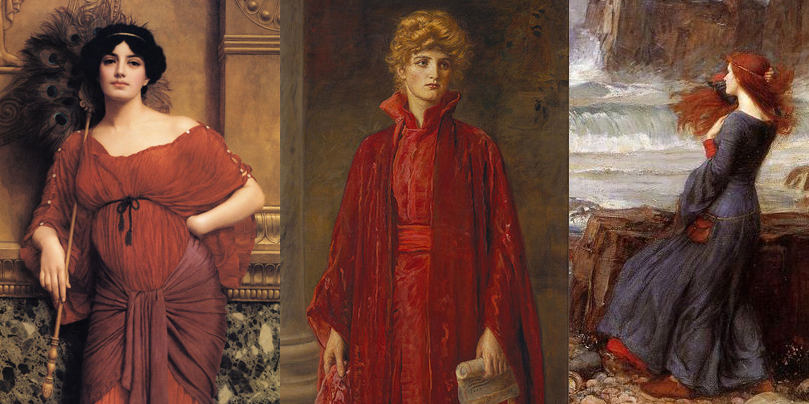We have chosen to study three renowned writers, playwrights and thinkers who have shown not only a deep understanding of the female psyche but have displayed in their works profound insights into the enduring challenges women face to discover and preserve their authenticity in the face of societal and political pressure.
‘WOMEN IN SHAKESPEARE’
Shakespeare’s profound understanding of human nature, its drives, the way we relate to one another and our interaction with politics and power are explored through the study of key female characters in his plays. This enables us to examine diverse feminine archetypes and to follow the consequences of their actions to their inevitable outcomes. To gain a greater appreciation of the English language and a deeper empathy with the characters studied, the students dramatise pertinent scenes from the plays.
‘WOMEN IN IBSEN’
Ibsen’s plays present human beings caught in the psychological and economic contradictions of modern society. Through them, Ibsen explores the feminine psyche as it is captured within the conventions of family and society and shows the decisive part women play in the transformation of the situation. As in the Shakespeare the students act out parts from the plays.
‘COLETTE THROUGH THE WORK OF JULIA KRISTEVA’
The goal of this course is to explore the closely linked life and work of Colette, the universal French writer, through the French literary critic and psychoanalyst, Julia Kristeva. Julia Kristeva’s analysis of Colette is based on her wide knowledge of every detail of Colette’s daily life and on her deep understanding of her work. Its main themes are Colette’s language and style of expressing the world with presence and absorption, her expression of feminine enjoyment and her mythic image of the mother.
